Does social distancing mean that you lose your social contacts? Do you have to exchange human closeness for complete isolation? On the contrary, in times of crisis we all move closer together – and in truth we were closer to each other even before Corona than we could have imagined.
In this article you will learn how our society and physical presence are connected, why social distance has been practiced for centuries and how you can be mindful and fight loneliness in times of corona crisis.
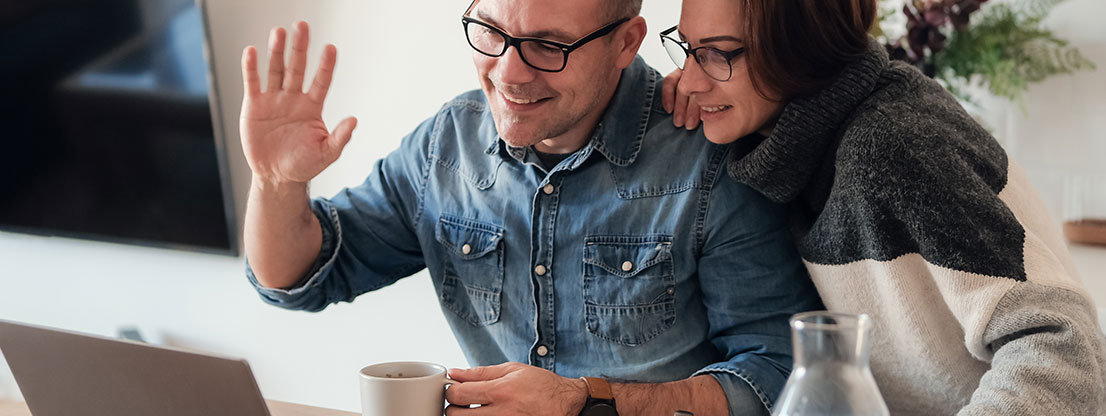
Social Distance – distance through responsibility
Ever since the corona pandemic it has been on everyone’s lips: social distance, i.e. a distance to one’s fellow man. This primarily refers to a spatial distance, which is why it is also called physical distance. Not only should distance be maintained to other people, but also objects that have been touched by others and public institutions where many people gather are avoided as much as possible. This should reduce the spread of infectious diseases like COVID-19. The aim is to flatten the infection curve and eventually make it fall away. The objective is to ensure that the health care system is not overburdened and that serious cases can be treated in the best possible way.
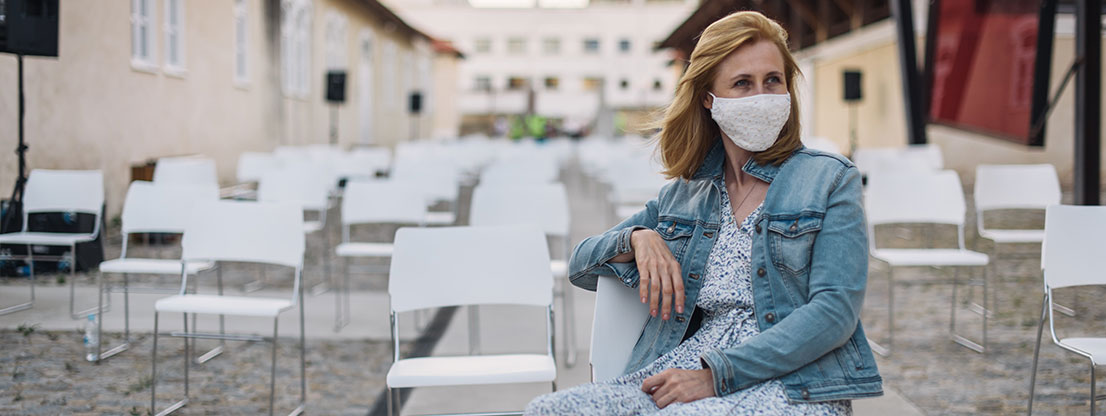
Not a modern invention: Infection control since the Middle Ages
Containing disease through spatial isolation is not a 21st century invention. As early as the Middle Ages, people practised social distancing in order to avoid plague or leprosy infections, for example. During the Spanish flu (1918-1920) as well as during the Asian flu pandemic (1957-1958), school closures were also carried out similar to today’s measures in order to bring the infection curve under control. [1]
Often it is not even a question of complete isolation – just a two-metre distance to others and adherence to the coughing and sneezing label can make a big difference. [2]

Loss of proximity: Does spatial distance equal social distance?
In itself, the term social distance is somewhat misleading, because it is about the exact opposite: about social, responsible behaviour through spatial distance – not about the social isolation of the individual.
We have known for a long time that close personal relationships are not tied to being physically in the same place. Letters, telephone, e-mails and social media ensure that we can establish and maintain our contacts regardless of location. Our physical presence is not required to maintain fulfilling relationships with others. In fact, one should rather speak of Distant Socializing. [3]
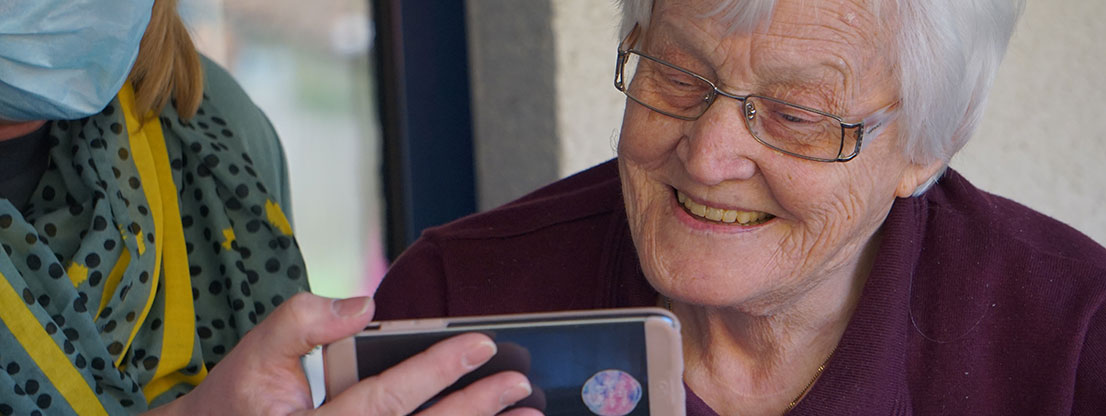
Combating loneliness – social participation at a distance
It is actually astonishing that we see our social life in the digital age primarily in the context of physical presence. Since the advent of letters and newspapers, the lives of people far away can have a direct influence on us. But at the latest since the triumph of social media, we have been constantly networked. As a result, other people are our permanent guests, so to speak – and a withdrawal from this ever-present society suddenly requires a conscious decision to switch off the computer and mute app notifications, for example. The crisis clearly shows us that we have long since arrived in a media-based social society – for example, anyone who does not want to receive permanent updates on the latest corona developments must actively withdraw from the digital world and record this information at fixed times. [4]
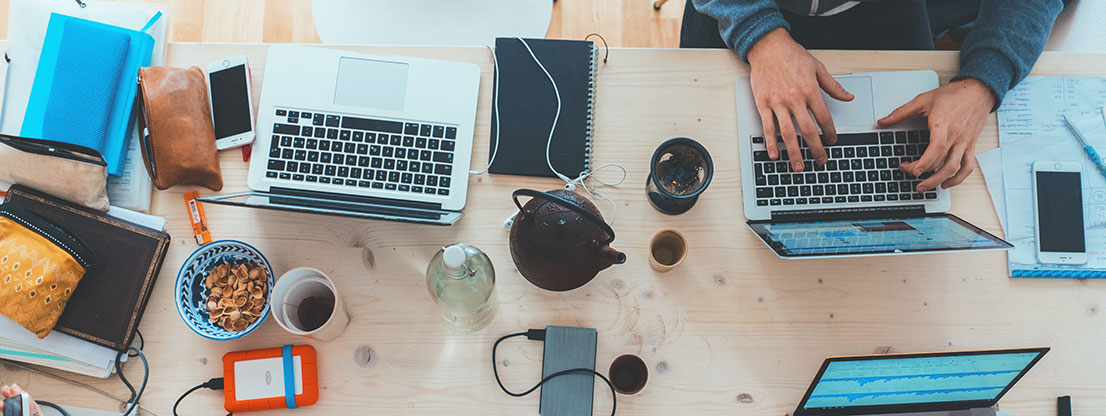
Old contacts are revived: A new mindfulness in togetherness
Do you also have a friend you think about all the time and yet never get in touch with? The positive thing about the current situation is that it welds you together. Now is the opportunity to revive faded acquaintances. The old school friend from the old days; the unexpected friend you met on a trip; the distant cousin you haven’t heard from since the last family reunion – they are all sitting in their own homes, just like you, and they will surely be very happy to hear from you. We all practice social distance and we all need closeness. This makes the Corona crisis the perfect new start for old relationships.
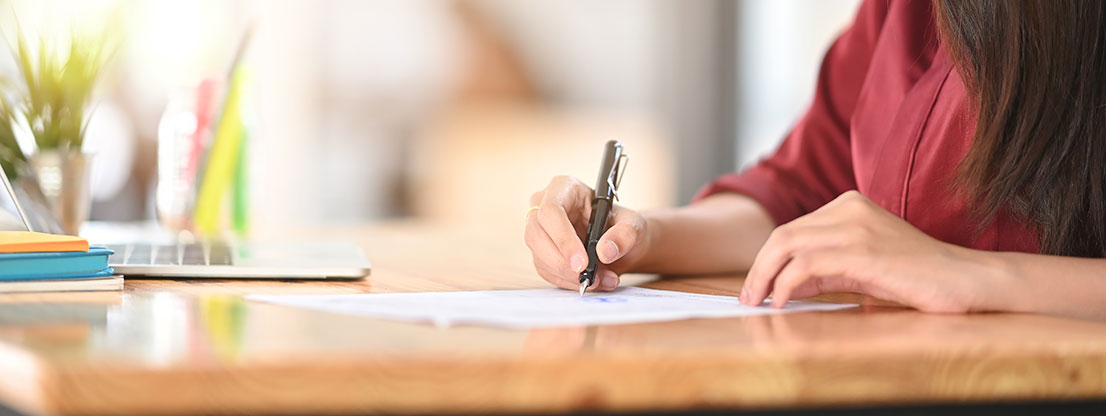
Reducing the number of contacts means that we learn to appreciate each other better and to deal with each other with care – as always when something that is taken for granted suddenly falls away or is guided in new directions. Use this impulse and seek the digital connection to others. This way you can not only fight your own possible loneliness, but also that of your friends and family.
You can also cultivate interests that only require a connection with yourself – and of course you can also exchange ideas about them. For example, if you meditate regularly, you can network with like-minded people in appropriate forums or Facebook groups and share your experiences.
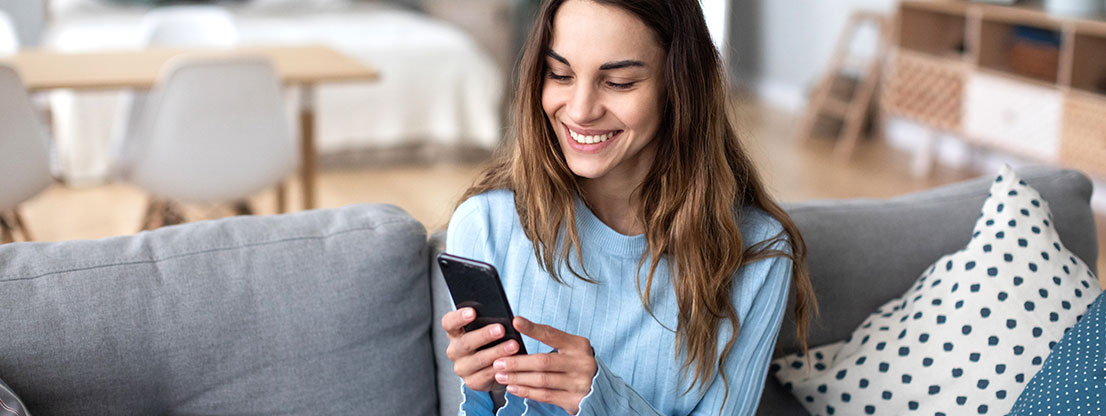
Keep in touch: Digital communication
Various new media make it easier than ever before for us to switch to extensive “long-distance relationships”: important events are streamed. Podcasts, videos and blog articles ensure knowledge sharing. Video conferencing gives a familiar face to the tinny telephone voices of our loved ones. Yet all this does not feel very warming. The new, mostly internet-based routines feel like an “emergency order” of the day. [5]
Planned Skype sessions feel formal, the casualness of the unplanned conversation during the break or at the coffee machine, the chance meeting with acquaintances in the city is missing. But there is a development for this that hardly anyone expected – we make contact with old friends more and more often.
One thing is clear: we need direct contact and cooperation. Physical proximity is like an oxygen supply without which even long-distance relationships cannot breathe and flourish. But one thing is also certain: we can temporarily shift our everyday life into the distance without losing sight of ourselves. [3]
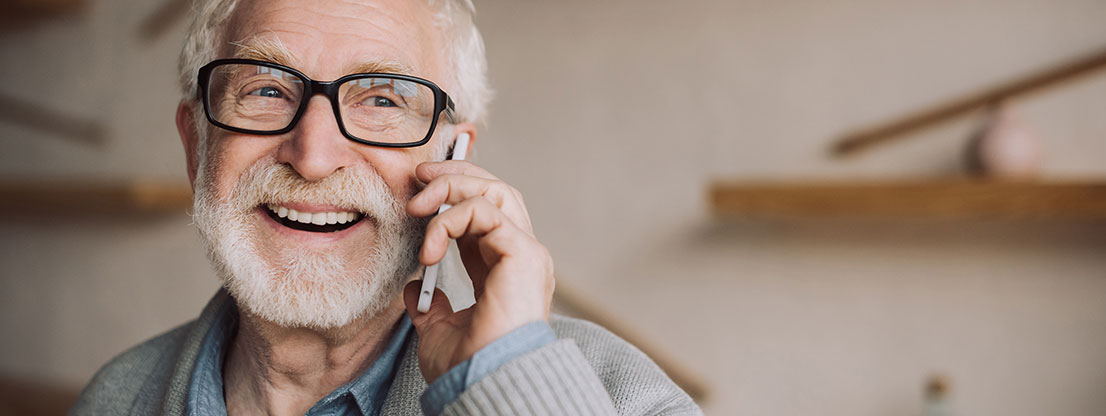
Mindful in the crisis – independent of social distancing
It is important to stay relaxed and calm. You yourself decide what you do with the situation. If mindfulness is already part of your personal attitude, then stay relaxed now more than ever. The more intelligently and calmly you deal with the situation, the freer you will feel in this difficult time.
Not least, the corona crisis is also an opportunity for change. Encrusted structures are softening, old familiar routines are losing their validity. A freer schedule makes it easier for you to listen to your inner voice, because some insights can only mature if the autopilot of everyday life does not keep you on your toes for 24 hours. Therefore: Take care of yourself and do something good for yourself.
You do not know how to deal with the current situation in a respectful and harmonious way? Then read on here and find out how you can bring order to your daily coronachaos.
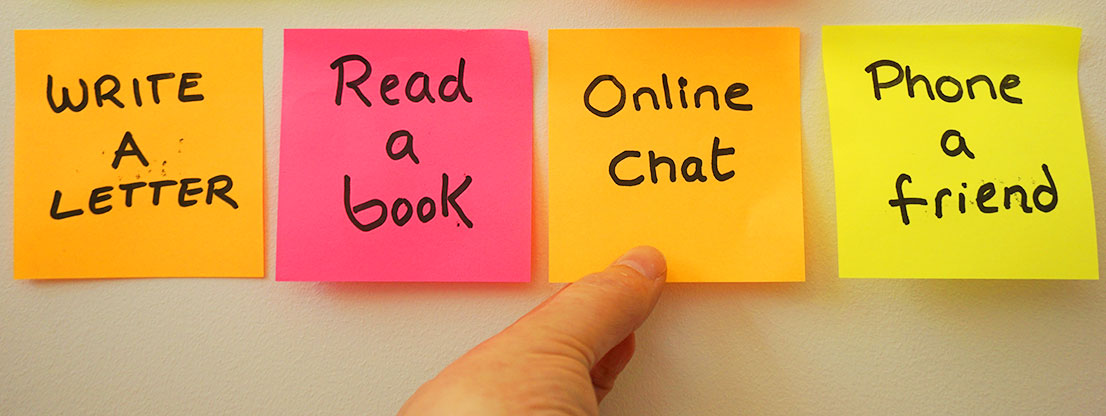
Sources
[1] Gabler Wirtschaftslexikon: Social Distancing. Letzter Zugriff: 12.11.2020. Online
[2] Bundeszentrale für gesundheitliche Aufklärung: Infektionsschutz.de. Hygiene beim Husten und Niesen. Letzter Zugriff: 12.11.2020. Online
[3] Mau, Steffen: Social Distancing ist irreführend, es gibt einen passenderen Begriff. In: Der Tagesspiegel, 01.04.2020. Letzter Zugriff: 12.11.2020. Online
[4] Dickel, Sascha: Gesellschaft funktioniert auch ohne anwesende Körper. Die Krise der Interaktion und die Routinen mediatisierter Sozialität; S. 80, 84. In: Michael Volkmer, Karin Werner (Hg.) Die Corona-Gesellschaft. Analysen zur Lage und Perspektiven für die Zukunft
[5] Knoblauch, Hubert; Löw, Martina: Dichotopie. Die Refiguration von Räumen in Zeiten der Pandemie. Letzter Zugriff: 12.11.2020. Online




